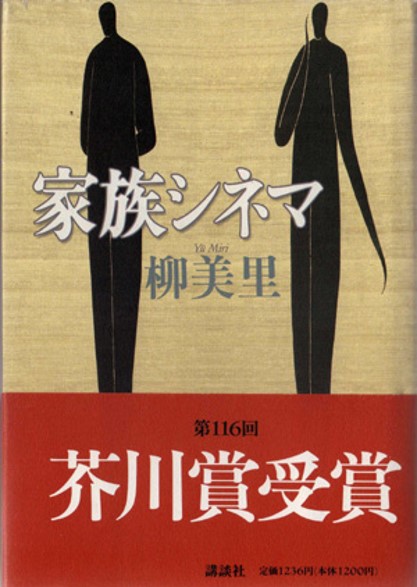time zone will be applied.
Report this post?

Seoul Colloquium in Korean Studies
(Organized by the Seoul Center of the ÉFEO and RAS Korea)
The June session of the Colloquium will be held at 6 pm on Friday June 7 in the Grand Conference Room (Room number 310), of the Asiatic Research Institute, Korea University, beginning at 6:00 pm
All who wish to participate are asked to register in advance by sending an email to efeoseoul@hotmail.com
DATE: Friday, June 7, 2024 6 pm.
VENUE: Grand Conference Room (#310), of the Asiatic Research Institute, Korea University
[Take Exit 1 from Korea University subway station, turn right onto the footpath leading up onto the campus. Walk straight up the road past LG Posco Hall, the Business School and Main Library (all on the right hand side). The Asiatic Research Institute is the building next after the Library (Building 39 on the Campus Map https://www.korea.edu/mbshome/mbs/en/subview5.jsp?id=en_010501000000#1 )
After 6 pm the front door of the Institute may be locked. If the door is locked, phone to the EFEO Seoul Center (02-921-4526) so that we can let you into the building.]
SUMMARY:
Since the mid-1990s, two Zainichi Korean writers in Japan have attracted considerable popularity and critical acclaim: Yu Miri and Yang Sok-il (Yang Sŏgil). In 1996, Yu became the third Zainichi writer to win the Akutagawa Prize, Japan’s most prestigious literary award, for a novel titled Family Cinema (Kazoku shinema, 1996). Since winning the prize, she has emerged as one of Japan’s most prolific writers of fiction and caustic social criticism. Yang emerged in the late 1980s, but did not become popular until the mid-1990s, when his novels, Wagering the Night (Yoru wo kake, 1995) and Blood and Bones (Chi to hone, 1998) attracted large numbers of readers. As their popularity rose in the 1990s, Yu and Yang have become informally associated with “outcast literature,” a loose literary movement that deals with the underside of contemporary Japanese life in rough, often graphic, language. Rather than focusing on issues that affect Koreans living in Japan, their works, though frequently set in the Korean community, deal with family and social problems that affect Japanese society as whole. This distinguishes these writers from previous generations of Zainichi writers who established the genre of literature known as “Zainichi Kankokujin/Chōsenjin bungaku,” or “Korean literature in Japan.” The success of Yu and Yang suggests that literature by Zainichi writers in Japan has transformed itself from a “minority literature” used to construct ethnic identity into a “minor literature” that, to paraphrase Ihab Hassan, “explodes the center” through energized language and different perspectives. In this lecture, I will introduce Yu and Yang and discuss their work as “minor literature” within the broader genre of outcast literature in Japan.
BIO:
Robert J. Fouser holds a B.A. in Japanese language and literature, and M.A. in applied linguistics, both from the University of Michigan, and a Ph.D. in applied linguistics from Trinity College Dublin. He studied Korean language at Seoul National University in the 1980s. He lived in Japan from 1995 to 2008 where he taught foreign language education at Kyoto University and developed the Korean language program in Kagoshima University. From 2008 to 2014, he taught Korean as a second/foreign language education at Seoul National University. He is currently an independent scholar based in Providence, Rhode Island.
He is the author of six books in Korean, including Oegugeo jeonpadam [The Spread of Foreign Languages] (2018, revised 2021), Robeoteu paujeo ui dosi tamgugi [Exploring Cities with Robert Fouser] (2019, revised and expanded as Tosi dokbeop [How to Read Cities] 2024), Oegugeo hakseupdam [Thoughts on Learning Foreign Languages] (2021), and Tosi neun wae yeoksa reul bojonhaneunga [Why Do Cities Preserve History?] (2024). He also is the translator of Understanding Korean Literature (1997) by Kim Heunggyu and a co-author of Hanok: The Korean House (2015, revised 2024). He writes regular columns for various media outlets in Korea and serves as deputy editor of Koreana.
We hope that as many as possible of you can join us for this event.
Élisabeth Chabanol, Head of the Seoul Center, French School of Asian Studies/École française d’Extrême-Orient (EFEO)
Brother Anthony, President Emeritus, Royal Asiatic Society Korea